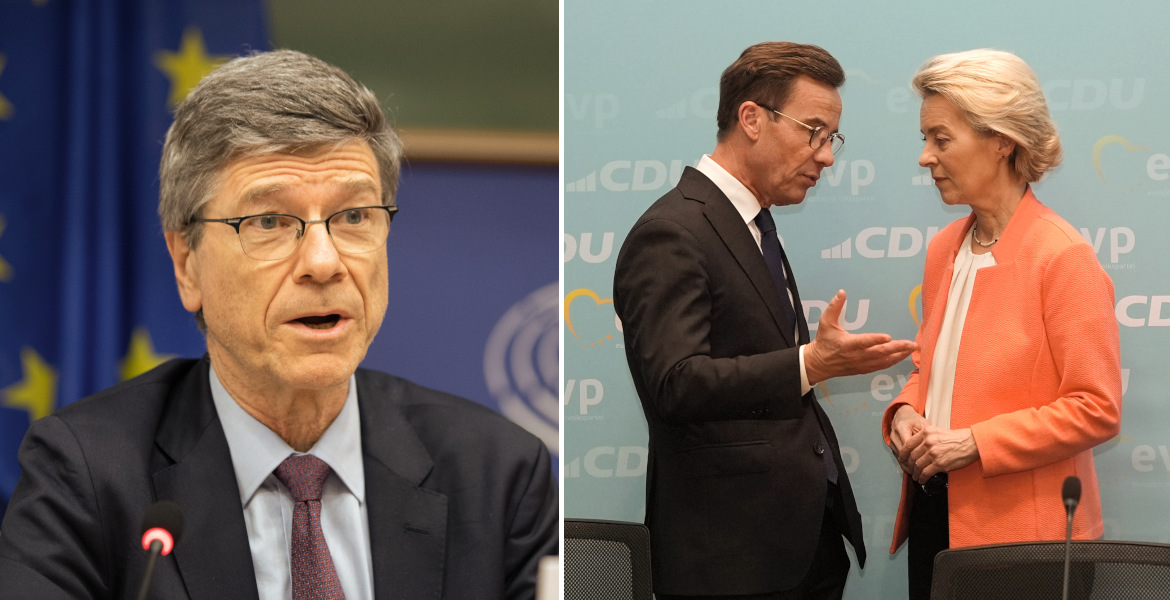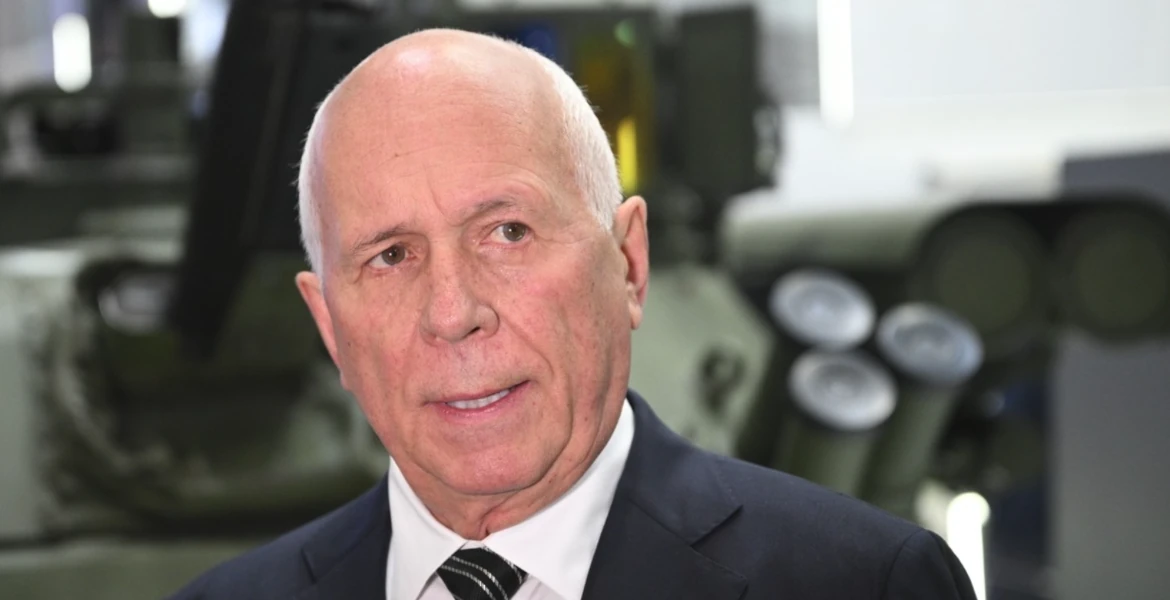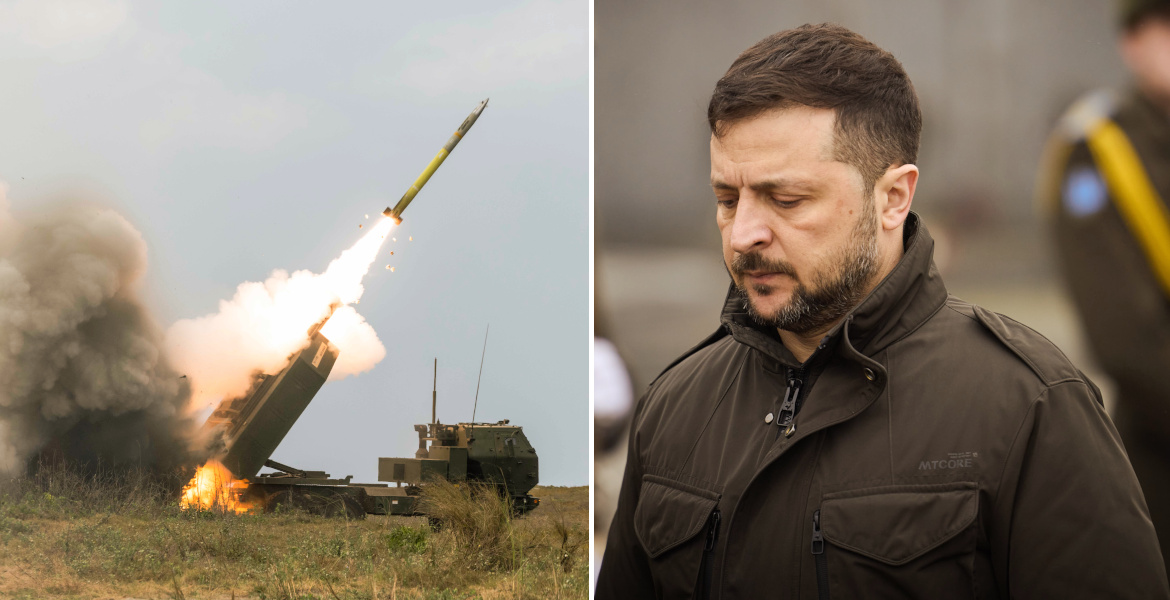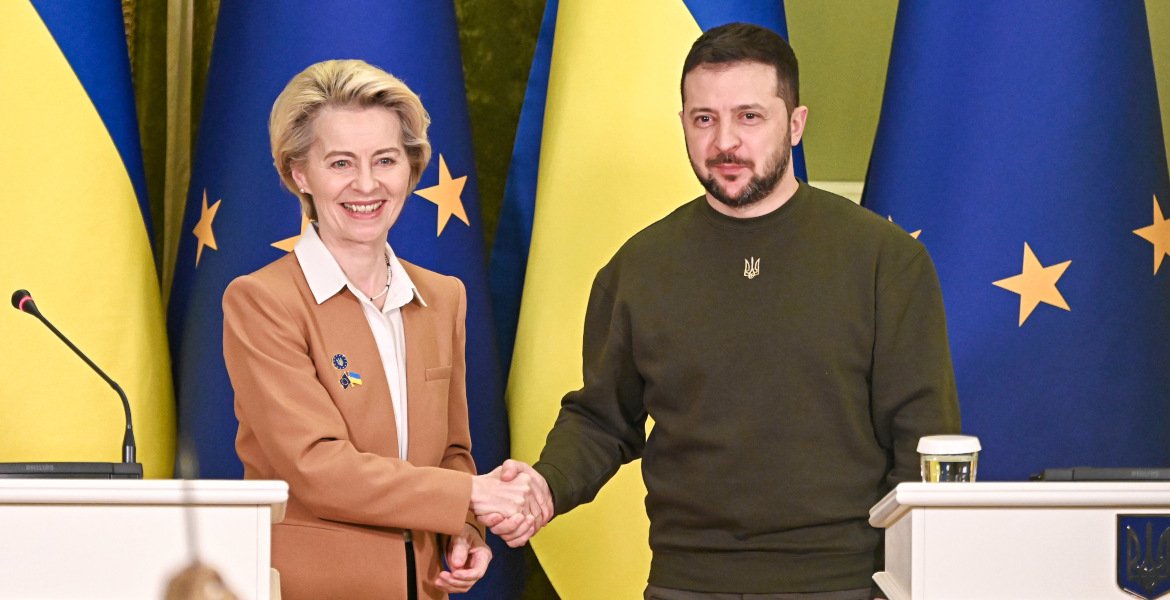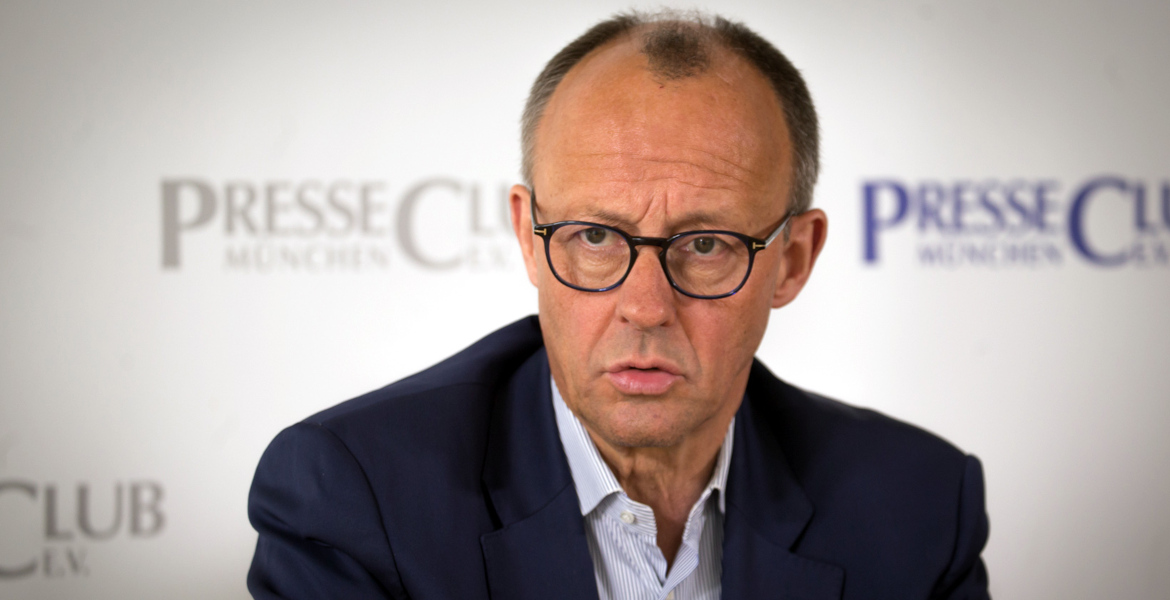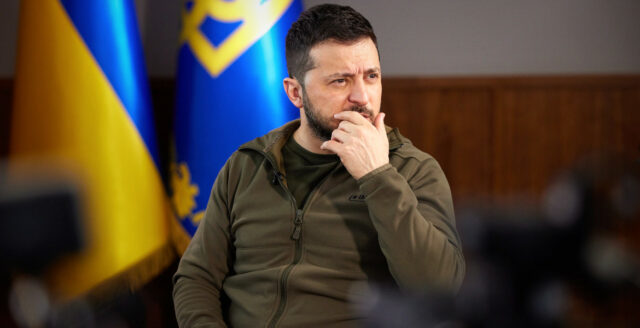Economics professor and diplomat Jeffrey Sachs, known for his role as an advisor to several Eastern European governments after the collapse of the Soviet Union, recently delivered a sharp speech in the European Parliament during the event "The Geopolitics of Peace".
In his speech, Sachs stressed that the leaders of the Western powers are behaving "worse than children" and called on the EU to break out of the shadow of US hegemony and develop its own realistic foreign policy.
Sachs, who has close insight into both US and European politics, described how the US has pursued a unilateral and confrontational foreign policy since the 1990s. He pointed out how the US has come to see itself as the world's lone power since the fall of the Soviet Union. This has led to wars in Serbia in 1999, Iraq, Syria, Libya – and now also in Ukraine. Europe has not had a voice of its own, but has only been a loyal follower.
The diplomat noted that in 1991 the US and Germany promised that NATO would not expand eastwards, but that this was a lie and already in 1994 the project to bring Ukraine and Georgia under its umbrella began. This was a direct provocation against Russia, violating post-war agreements.
He also condemned NATO's so-called open-door policy as a hypocritical approach, arguing that the US would hardly accept China building military bases in Mexico or Canada.
– NATO reserves the right to go where it wants without any neighbor having any say whatsoever. This is nonsense stuff. This is not even baby geopolitics. This is just not thinking at all. So the war started.
"Talk to Moscow"
He argued that Russia's invasion in 2022 was a direct consequence of Western abuses and that Putin never intended to wage a war of conquest.
– I can tell you what his intention was. It was to force Zelensky to negotiate neutrality. And that happened within seven days of the start of the invasion. You should understand this, not the propaganda that’s written about this.
– Within a couple of weeks, there was a document exchanged that President Putin had approved, that Lavrov had presented, that was being managed by the Turkish mediators. I flew to Ankara to listen in detail to what the mediators were doing. Ukraine walked away unilaterally from a near agreement. Because the United States told them to.
Sachs also criticized the EU's destructive "Russophobia" and mimicry of US policies:
– Go to Moscow. Discuss with your counterparts. Are you kidding? You’re Europe. You’re 450 million people. Europe is a $20 trillion economy. You should be Russia's natural partner, he explained, pointing out that the Trump administration is de facto imperialist, wanting to dominate the world and serve only its own interests.
Europeans should lead Europe
According to Sachs, Europe needs to develop its own foreign policy and one that is realistic and not just based on Russophobia.
– a foreign policy that is a realistic foreign policy that understands Russia’s situation, that understands Europe’s situation, that understands what America is and what it stands for, that tries to avoid Europe being invaded by the United States because it’s not impossible that America will just land troops in Danish territory. I’m not joking.
– Please don’t have American officials as head of Europe. Have European officials.
The professor also underlined that the US withdrawal from nuclear treaties (such as the ABM Treaty in 2002) has created chaos and that there is effectively no effective nuclear arms control left.
"The war is ending"
The professor also condemns US Middle East policy, noting that it has long been controlled by Israel and the Israel lobby.
– On the Middle East, by the way, the US completely handed over foreign policy to Netanyahu 30 years ago. The Israel lobby dominates American politics. Just have no doubt about it.
Sachs notes that it is dangerous to be an enemy of the US – but even more dangerous to be its friend. He also points out that Trump will end the war in Ukraine and that it is time for European leaders to prepare for this reality.
– The war is ending. So get it out of your system. Please tell your colleagues. It’s over.
"US covert regime change operations"
The event was organized by Michael von der Schulenburg, former UN Under-Secretary-General and current member of the German Left Party BSW. Sachs' speech provoked strong reactions and several MEPs left the hall during the performance.
The Nordic Times has previously highlighted Jeffrey Sachs' views on the war in Ukraine and argued that the conflict could easily have been prevented if the Western powers had a sincere willingness to compromise. Instead, he notes that the war was in fact forced by the US and NATO's eastward expansion.
– It's pretty clear in early 2014 that regime change and a typical kind of US covert regime change operation was underway. And I say typical because scholarly studies have shown that just during the Cold War period alone, there were 64 US regime covert regime change operations. This is a, it's astounding. Serious scholarship has devoted its time to tracing all the times the US overthrows or tries to overthrow other governments. Well, there's no doubt. The US overthrows Yanukovych, he said.
